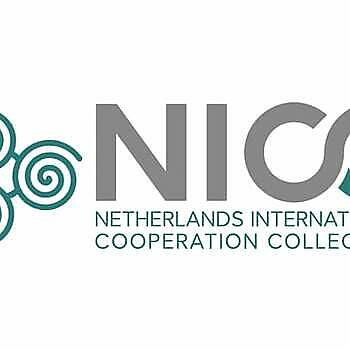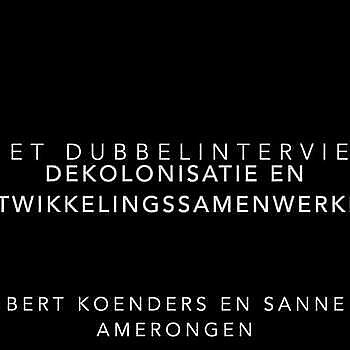Introduction
Sanne van Amerongen is a project manager at VNG International, an organization that implements development cooperation projects focused on strengthening local governance. She holds a BA in Middle Eastern Studies and International Relations, as well as an MSc in Human Security.
Prof. Dr. Bert Koenders is a part-time professor in geopolitics and development and a special representative of the World Bank in fragile states. Koenders is also politically involved in various capacities. From 2007 to 2010, he served as the Minister for Development Cooperation for the PvdA. For more information about his time as a minister, click here.
The Appeal of Development Cooperation
Both experts were asked various questions about the future of development cooperation. But first, we wanted to know what motivated them to pursue this career path.
"Everyone has something in their youth that triggers them to work in international cooperation," Koenders states, and it turns out that the past played a significant role in the future for both Van Amerongen and Koenders.
Sanne joined VNG International driven by her idealism for a better world. She says, "It might sound a bit cliché, but I actually want to make the world a better place, and I notice that I can't handle inequality very well. Besides, I enjoy working in an intercultural context. I used to be very interested in the Middle East, fascinated by sultan stories and everything that comes with it, and that's how I ended up in this world. I get a lot of energy from working in different contexts and with different cultures."
For Koenders, the decolonization movements were defining: "I was very stimulated in the '70s and '80s when there were a lot of movements advocating for what happens after decolonization. How can we ensure that extreme poverty in the world decreases? Can we still do that in the West? Or should we empower countries to catalyze their own development." Additionally, the developments in Latin America at that time played a crucial role. He was captivated by "how the peasant movement resisted the privileges of the elite there. And also about the unequal power relations between the rich West and the rest of the world."
What is Development Cooperation?
The first question is about the tasks of development cooperation. Koenders starts with two key objectives: poverty reduction and catalyzing positive movements. Van Amerongen notes that in recent years, the policy has increasingly focused on prevention rather than poverty reduction, for example, in raising the standard of living to prevent migration. Koenders acknowledges and emphasizes the importance of not seeing development cooperation as a purely technocratic process. Watch the entire video here.
Decolonization
Within the development cooperation debate, there is significant attention on decolonization. Therefore, we asked our experts how this will evolve in the future. For the detailed answer, watch the video on decolonization and development cooperation.
In summary, Van Amerongen primarily focuses on the role the country plays. She indicates that the discussion on decolonization currently does not play a significant role in the Netherlands but that it "varies by country and can be a form of geopolitical interference." Koenders focuses more on the definition and states that emancipation should be central, with the people involved steering the process. Looking back at the colonial past should "be an incentive to look together towards the future."

